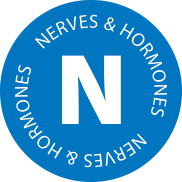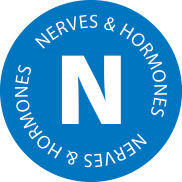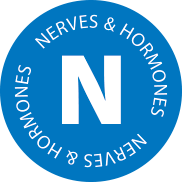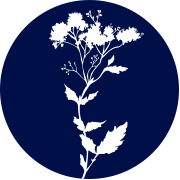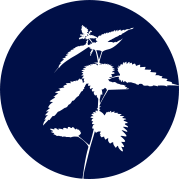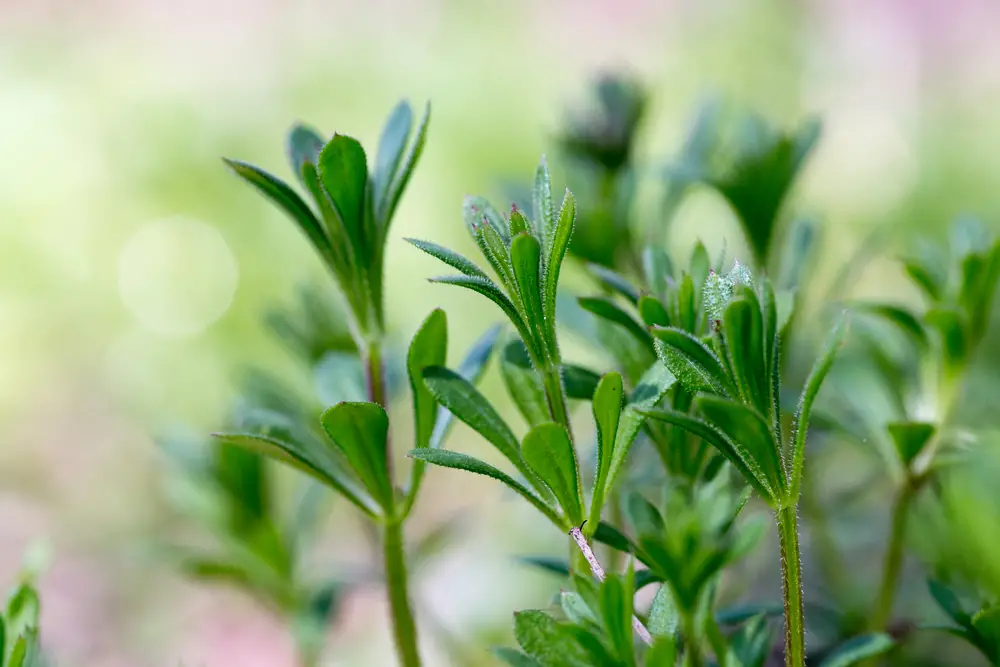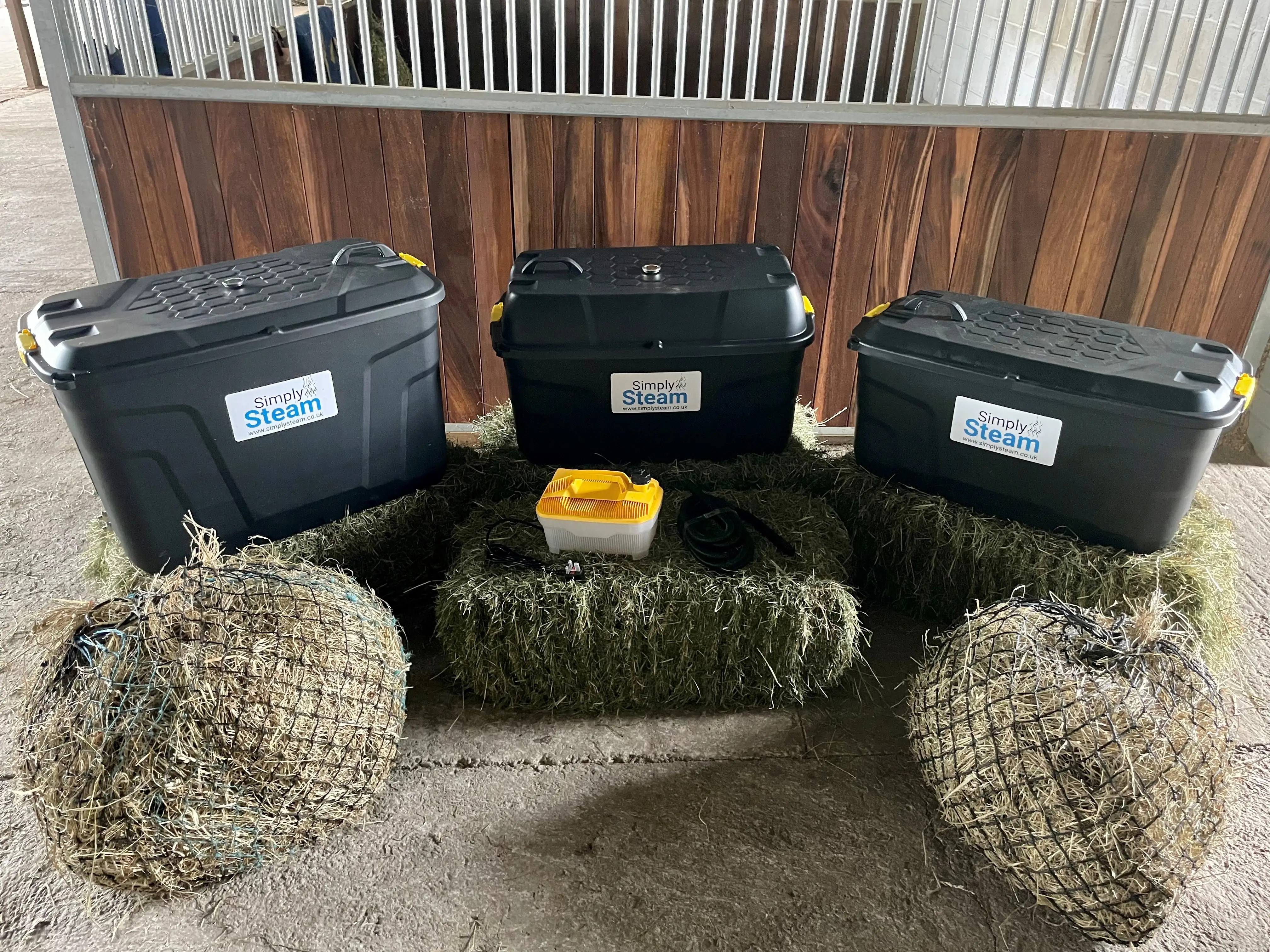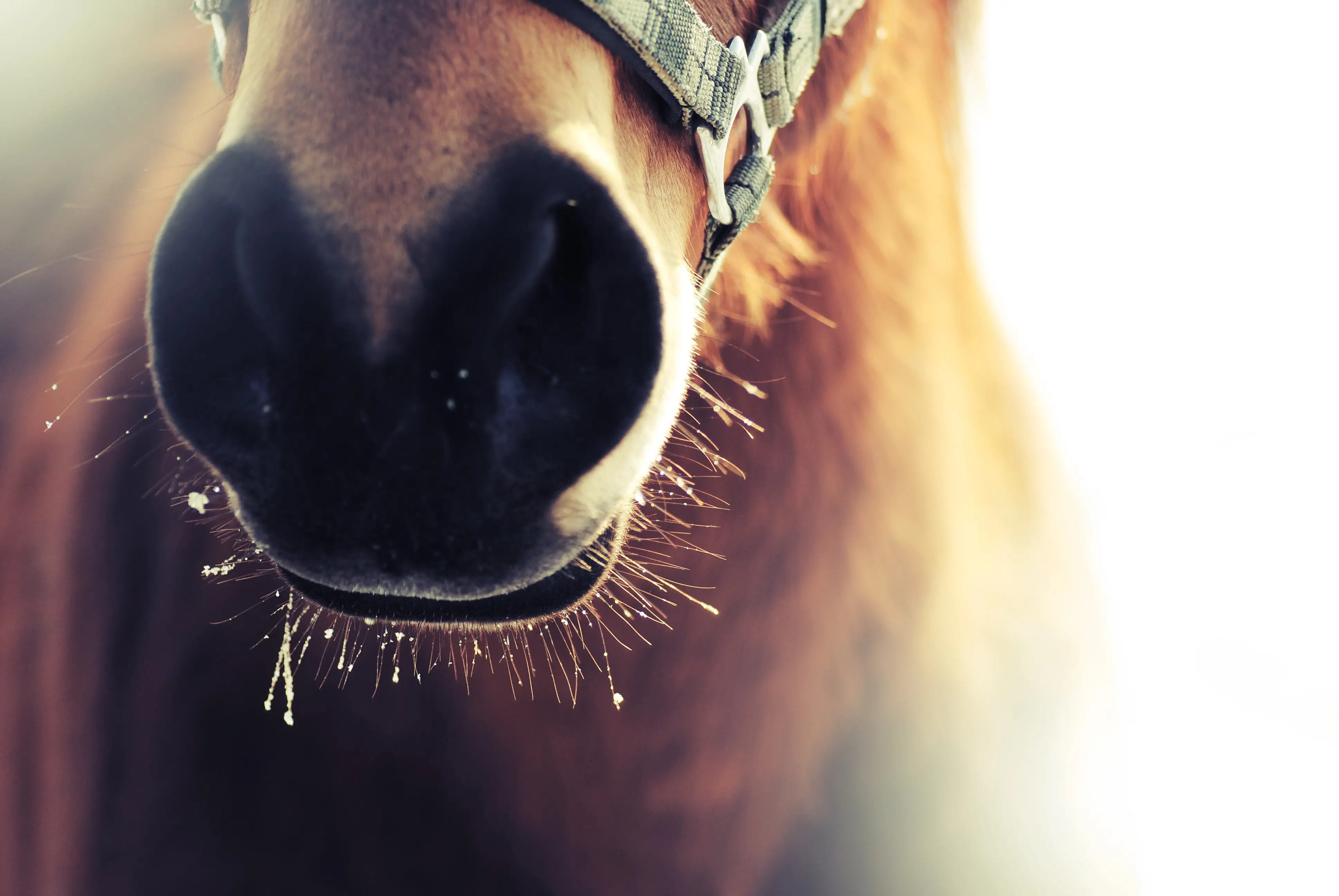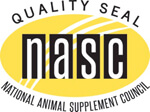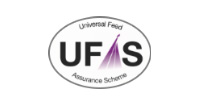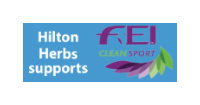29 March
Herbs to support horses & ponies prone to laminitis
 Hilary Self
Hilary Self
Hilary Self
Hilary Self
Spring has most definitely sprung! We're having consistently fine weather and some rain and the grass is starting to grow. It's that 'sugar-rich grass' time of the year that rings alarm bells for the owners of horse and ponies prone to laminitis. This spring we have the added worry of the coronavirus epidemic which means that for many the normal routine has changed beyond recognition with no competition, reduced training and increased turnout.
Grass in spring is richer in non-structural carbohydrates (NSCs) than at other times of the year and particularly so first thing in the morning as the NSCs are stored in the grass overnight. So even if your horse or pony has never had laminitis, be very aware of the risks involved in laying off a fit horse and make sure the turning away process is combined with a serious reduction in the cereal component of the diet. Laminitis is both a metabolic and vascular disease that involves the inner sensitive structures of the feet. The blood supply to the feet is disturbed and the sensitive cells in the laminae are deprived of blood and oxygen, leading to cell damage, inflammation and swelling. The swelling is restricted within the tough hoof wall, intensifying discomfort and pain. Apart from carbohydrate overload from feed and pasture there are other situations that can result in the development of laminitis, these include, but are not restricted to, Cushing’s disease, Insulin Resistance, obesity and infection.
In this blog post we focus on herbs that can be used to help support horses and ponies predisposed to laminitis. These herbs can be used prior to and during the ‘danger period’ and aim to support the blood supply to the extremities, maintain the body’s natural response to inflammation, support the lymphatic system, strengthen blood vessels and maintain liver and kidney function to encourage the removal of blood toxins and inflammatory waste products from the body. It goes without saying that these suggestions should always be used in conjunction with good horse management and veterinary advice.
Nettle, Cleavers, and Meadowsweet are herbs that are great spring tonics and can be cut and given to horses regularly to help support liver and kidney function, digestion, lymphatic and urinary systems. Horses and ponies restricted to ‘skinny’ paddocks or confined to stables will look forward to their daily ration of herbs which can also help break the boredom horses experience when on restricted turnout.
The fresh leaves of Cleavers and Dandelion will be eaten readily. The leaves of Meadowsweet (Filipendula ulmaria) are similar to those of Nettle but have no sting and both these and the flowers can be offered. These same herbs when dried or used in liquid tincture form can be fed at any time of the year. Nettle needs to be gathered with gloves and then left to wilt for several hours for the plant to lose its "sting".
Meadowsweet - Filipendula ulmaria
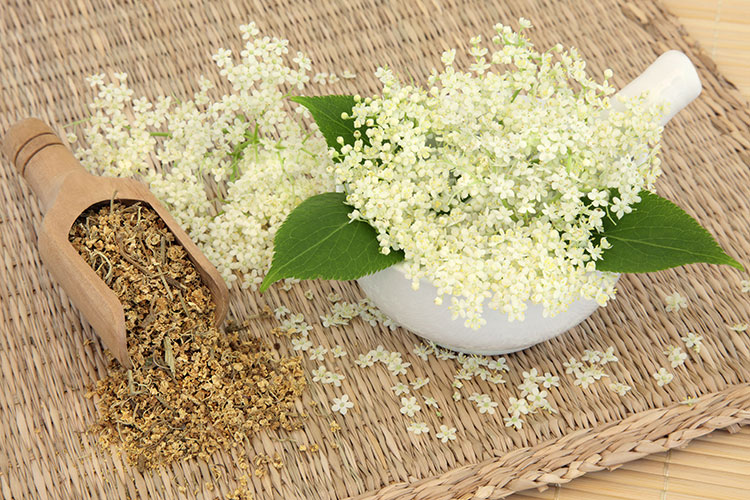
Our herbalist, Hilary Self Bsc MNIMH says this is her favourite herb! The whole plant can be used, flowers and flowering tops, leaves and root. The plant contains Methylsalicilate – salicylic acid, gaultherin and a volatile oil which gives the flowers their beautiful fresh scent. These constituents are responsible for its actions – antacid, antiseptic in joints and the urinary system, diuretic, anti-inflammatory, anti rheumatic, analgesic and febrifuge (fever-reducing action). Medicinally it is used for gastric ulceration, balancing gut pH, arthritis, fever and urinary infections.
It is interesting to note that this was one of the herbs used in the production of the original Bayer drug aspirin. Aspirin is known to cause stomach bleeding as a side-effect (the salicylates in isolation can cause gastric bleeding), whilst the herb with all its constituent parts in balance is used to help heal gastric bleeding and ulceration.
Cleavers (Galium aparine)
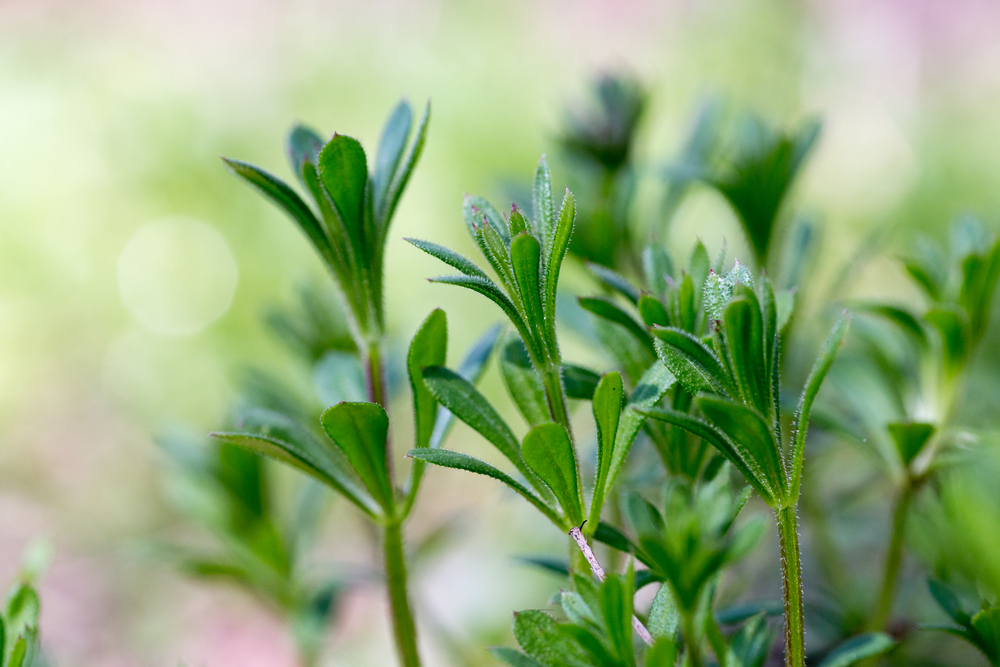
This plant is considered a troublesome weed by most farmers and gardeners, but it is another of Hilary's favourites! The plant has a diuretic action in the body and is a rich source of Silica. Given the opportunity most horses will happily graze any fresh plants they find, or it can be pulled up and tossed into paddocks or stables for them to chew on. Cleavers are excellent for supporting the lymphatic and urinary system and will help encourage the removal of waste products and toxins from the cells and support their removal from the body via the kidneys.
Dandelion - Taraxacum officinale
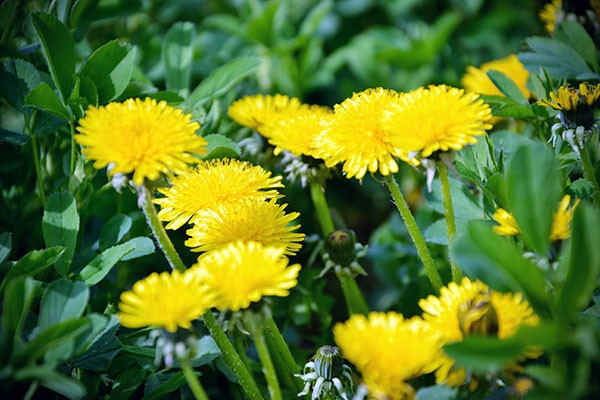
Dandelion is a great 'cleansing' herb and supports the liver and kidneys assisting them in their roles of breaking down both fat-soluble and water-soluble materials ready for excretion. The leaves are a powerful diuretic, from which comes the old English name of Pee-the-Bed, and are a rich source of Potassium, Magnesium and Calcium. The leaves can be collected at any time of the year.
The roots which help maintain healthy liver function and general digestion can either be collected in early spring when there is the maximum amount of sap in the plant, or more traditionally in late autumn. The roots should be cut lengthways and allowed to dry. All parts of the plant have a ‘bitter’ quality to help stimulate digestive juices and support a normal healthy effective digestive system. Dandelion leaves, flowers and roots are part of our horse’s natural diet and can be grazed at any time of the year.
Nettle (Urtica dioica)
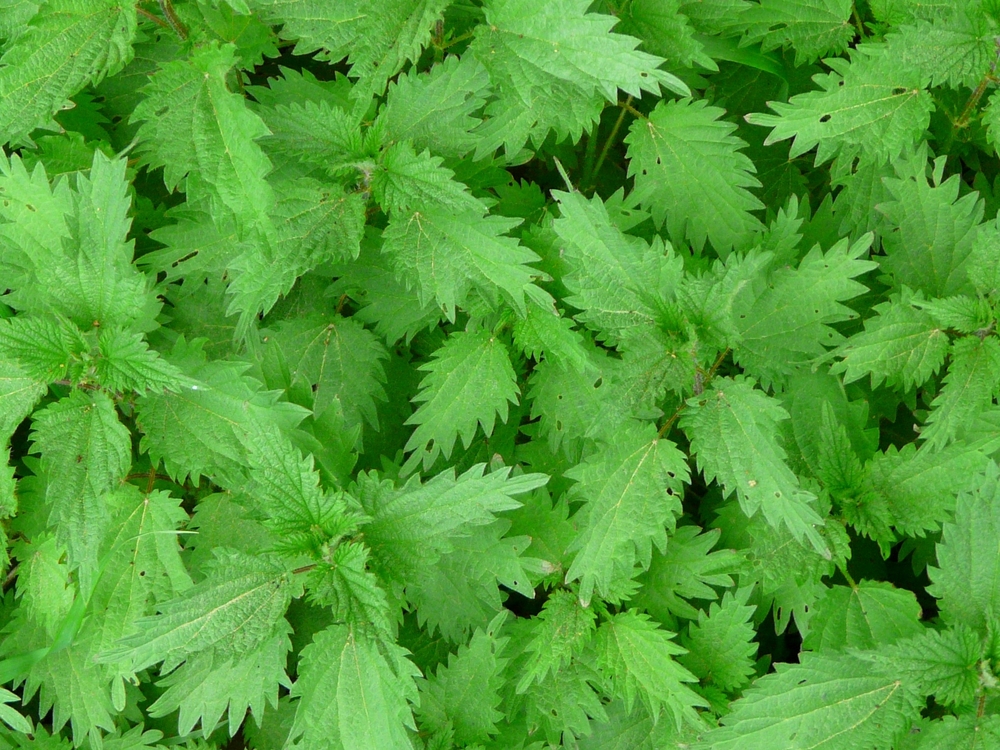
Nettle is rich in Vitamins C, K, and A and also contains iron, magnesium, zinc, cobalt, selenieum, sodium, managanese as well as being fibre-rich. All these constituents mean Nettle is very well adapted to help support horses and ponies susceptible to laminitis. Nettle helps support the circulatory system, in particular the circulation to the extremities, at the same time encouraging effecient elimination of toxins. Nettle is also recommended for anemia because the combination of vitamins, minerals and oligo-elements in this plant encourages the uptake of iron by the body.
Our Product Suggestion:
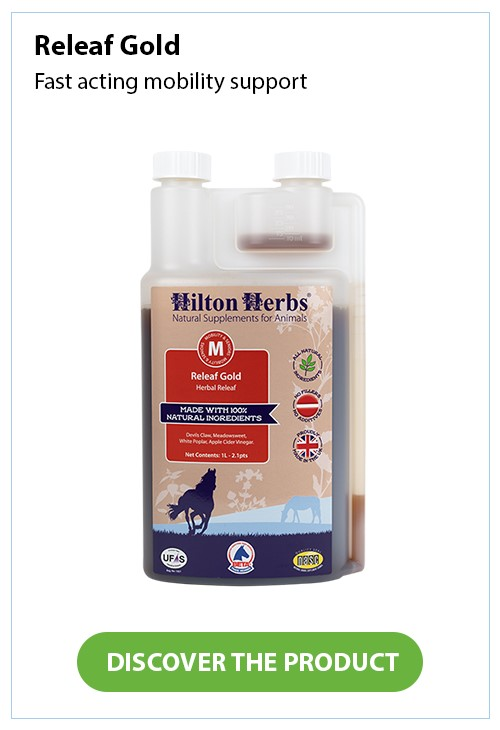
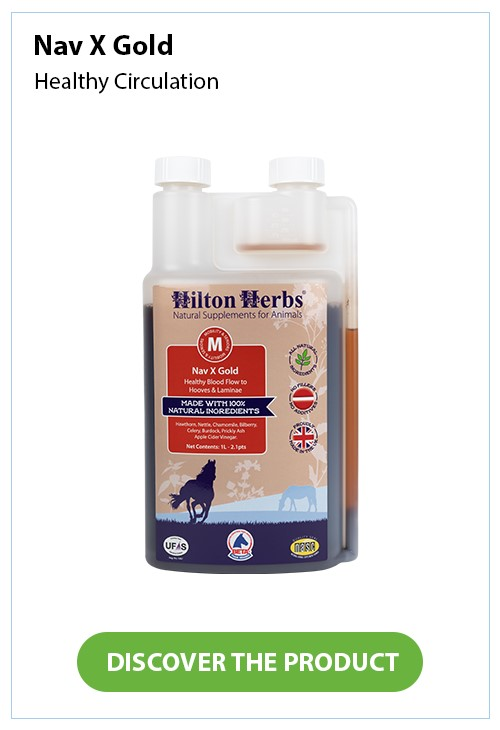
You will find all these herbs in our Multi-Flex, Nav X, Releaf and DeTox supplements.
 About Hilary Self
Hilary Self
About Hilary Self
Hilary Self
Hilary SelfHilary Self BSc.MNIMH. Hilary is a Medical Herbalist who writes about the practical application of herbs and natural healthcare for horses and pets.






